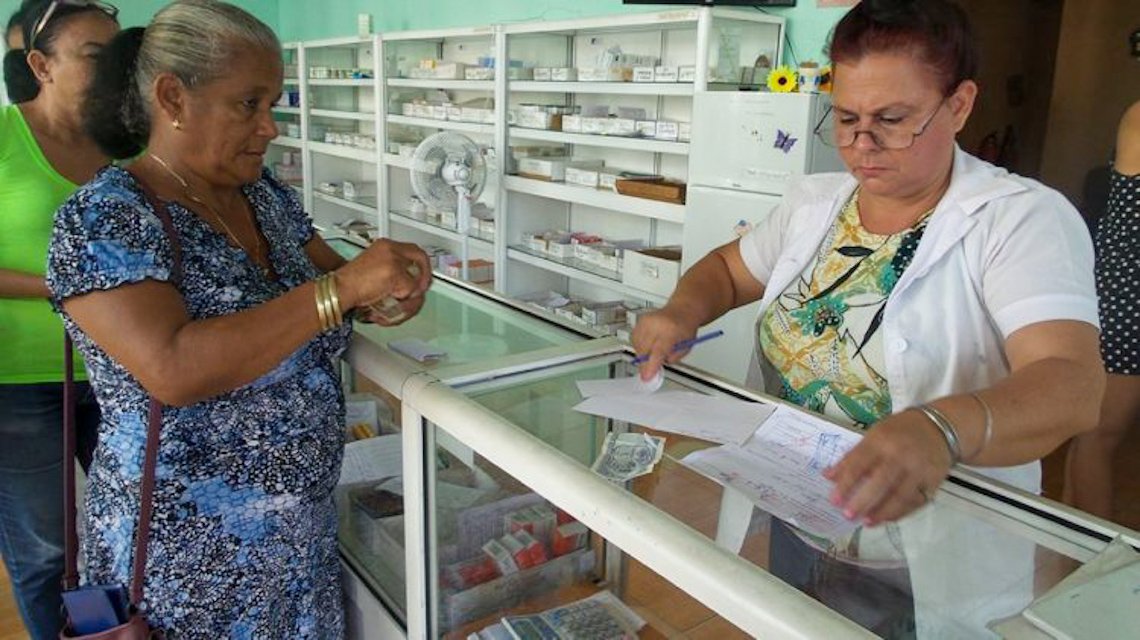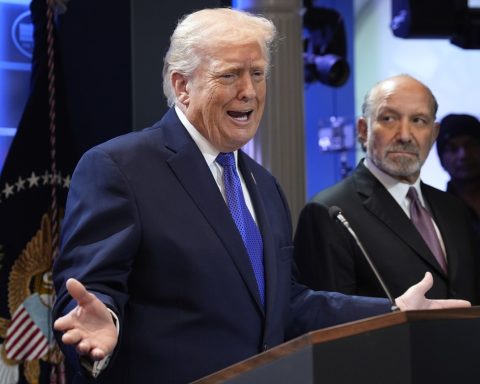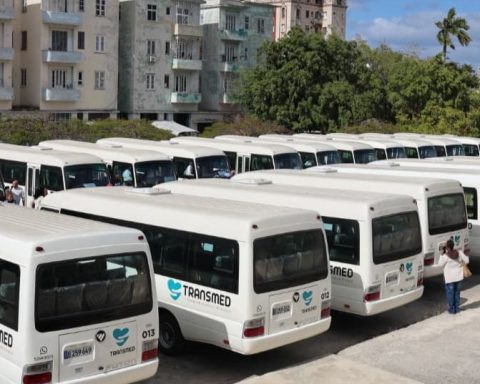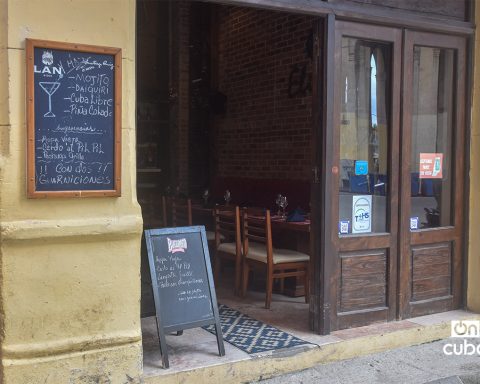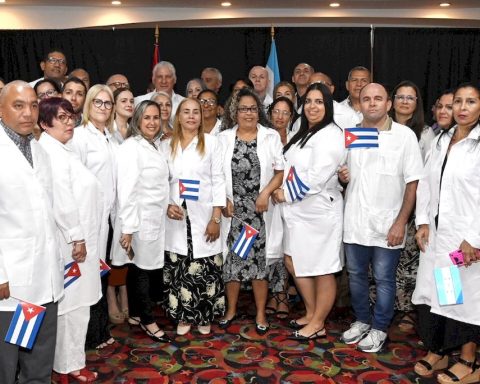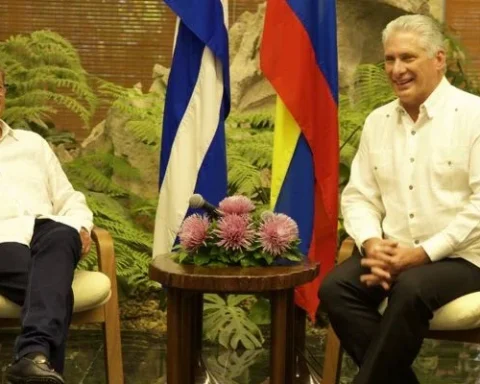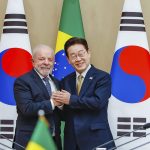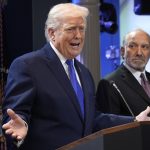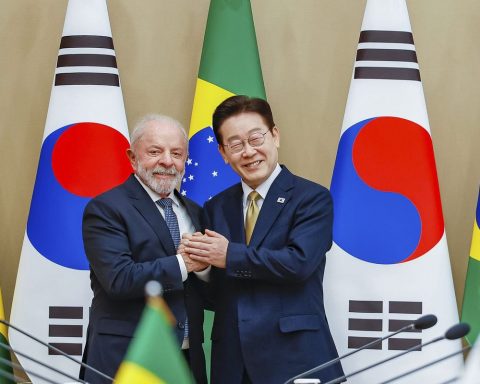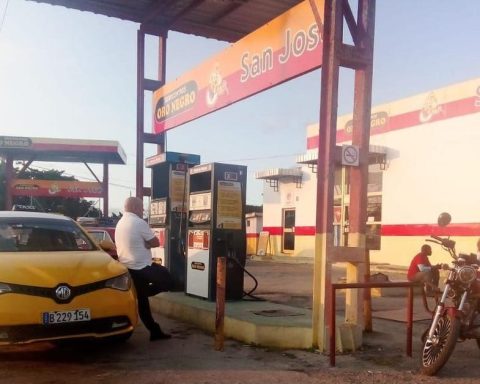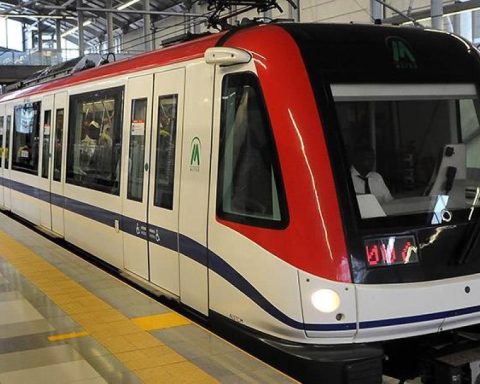The Cuban state biopharmaceutical industry reported this Tuesday that in the first half of the year it suffered a shortage of almost 40% in the medicines that supplies the basic picture.
The Group of Biotechnological and Pharmaceutical Industries (BioCubaFarma) —which supplies 369 basic medicines to the national system— has had an average monthly deficit of 142 drugs, Tania Urquiza Rodríguez, vice president of the entity, reported at a press conference.
“We have been dragging a very complex situation since 2021 (…) most of the financing was dedicated to confronting COVID and for the development and production of vaccines,” said Urquiza.
The vice president of the group also blamed the economic embargo of the United States and logistical problems to import the raw material as causes of the situation.
“BioCubaFarma currently has more than 120 raw materials that are already financed and that the suppliers have in their hands. Of those, there are 54 that have not yet been able to reach the country,” he reported.
This year Cuba has only produced 59% of the medicines foreseen in its plan
The directive added that Cuba guarantees the supply of essential medicines and treatments in high priority cases such as hemodialysis, serums and products for seriously ill patients and those with chronic non-contagious diseases.
However, he admitted that there is low coverage among the 12 most demanded medicines such as salbutamol (for asthma and lung diseases) and enalapril (for hypertension).
Urquiza pointed out that shortages affect people with diseases such as asthma, hypertension and diabetes to a greater extent.
Last May, the president of BioCubaFarma, Eduardo Martínez, informed the official newspaper Granma that the state industry works “tirelessly” to guarantee 61.8% of the drugs in the basic list.
Martínez indicated that the sector seeks to guarantee 525 of the 849 basic medicines of the National Health System “despite the limitations in the availability of raw materials.”
The shortage of basic products, such as food and medicine, was one of the main economic elements in the anti-government protests of July 11, 2021, the largest in decades.
